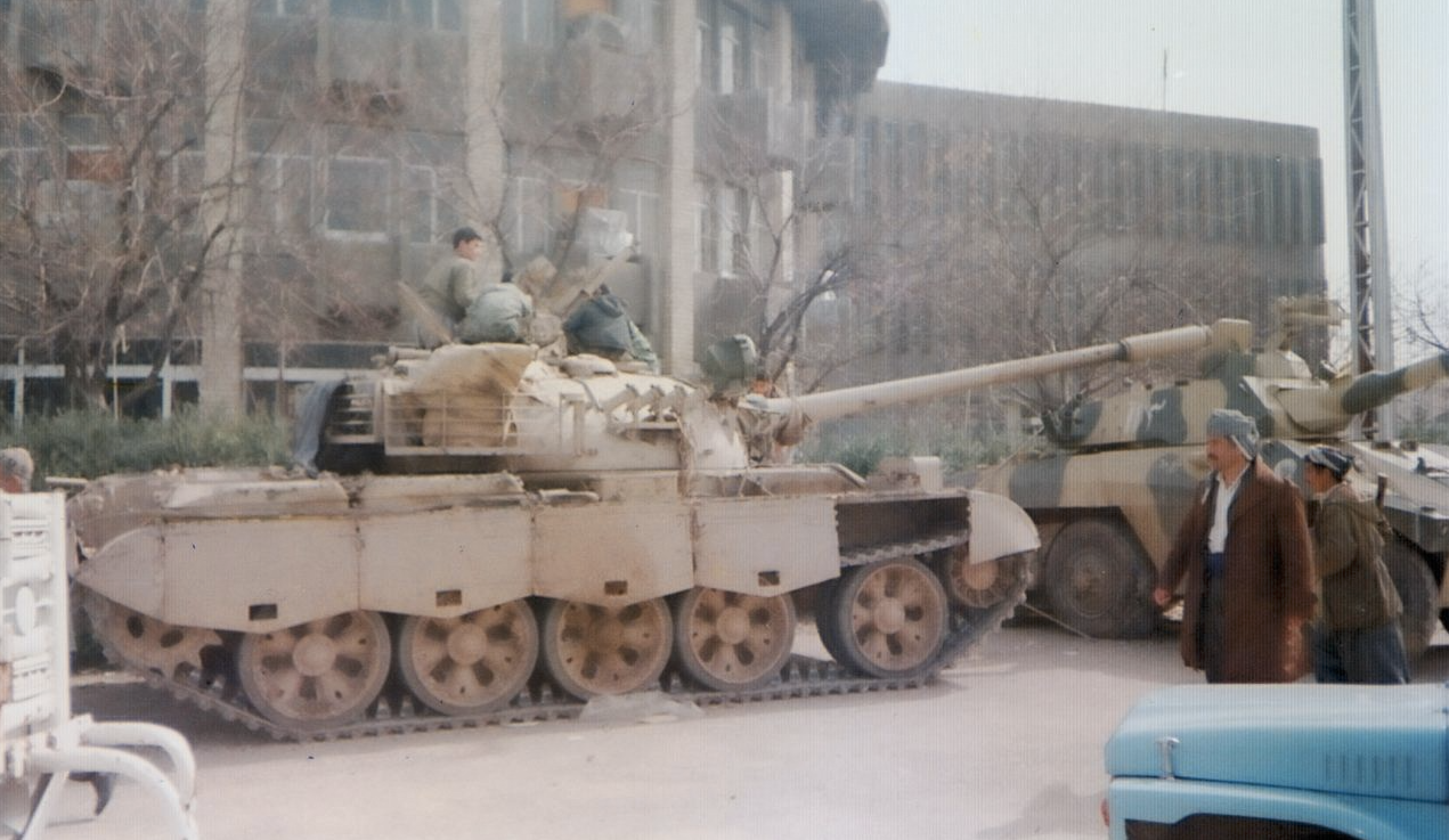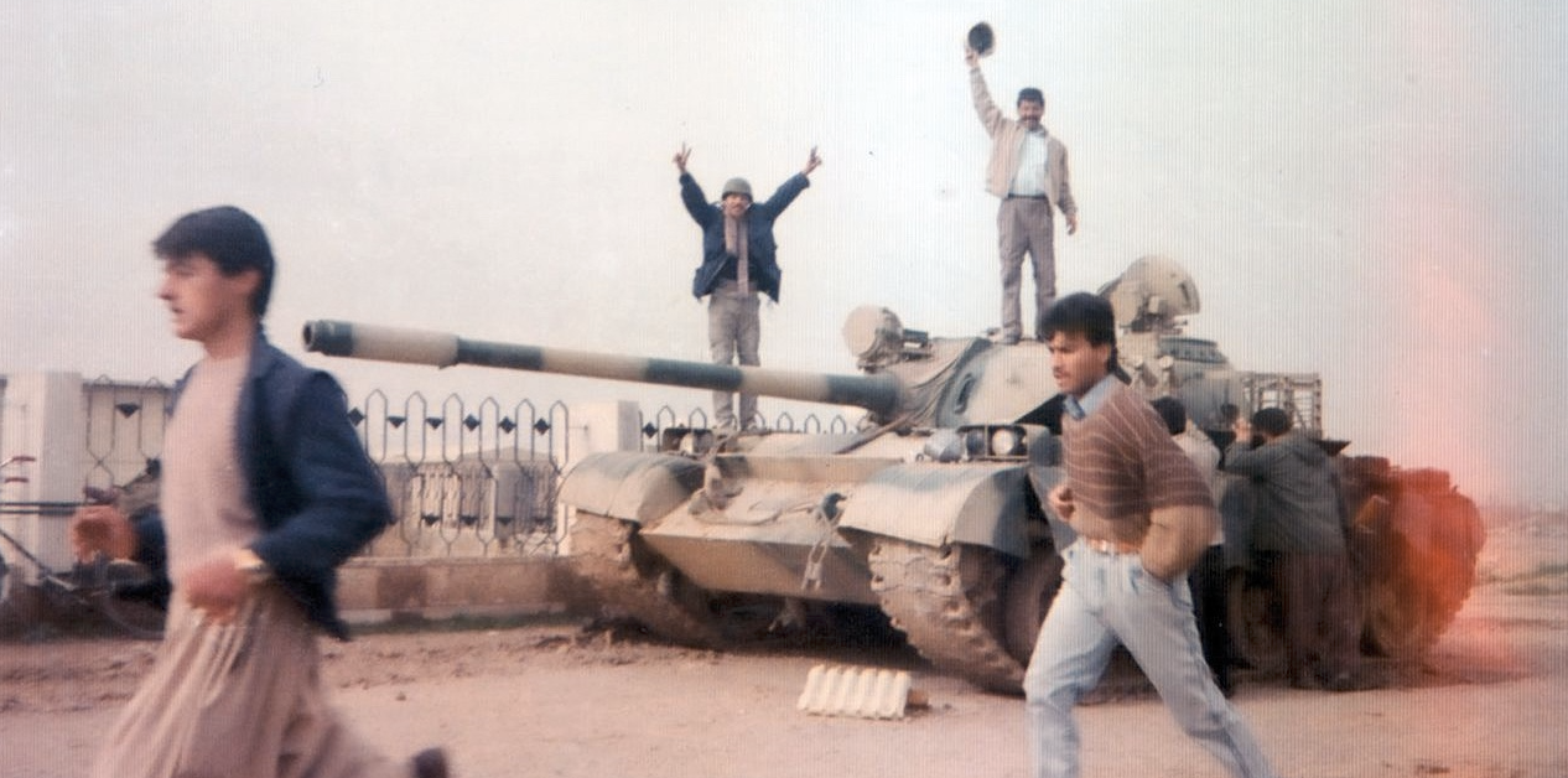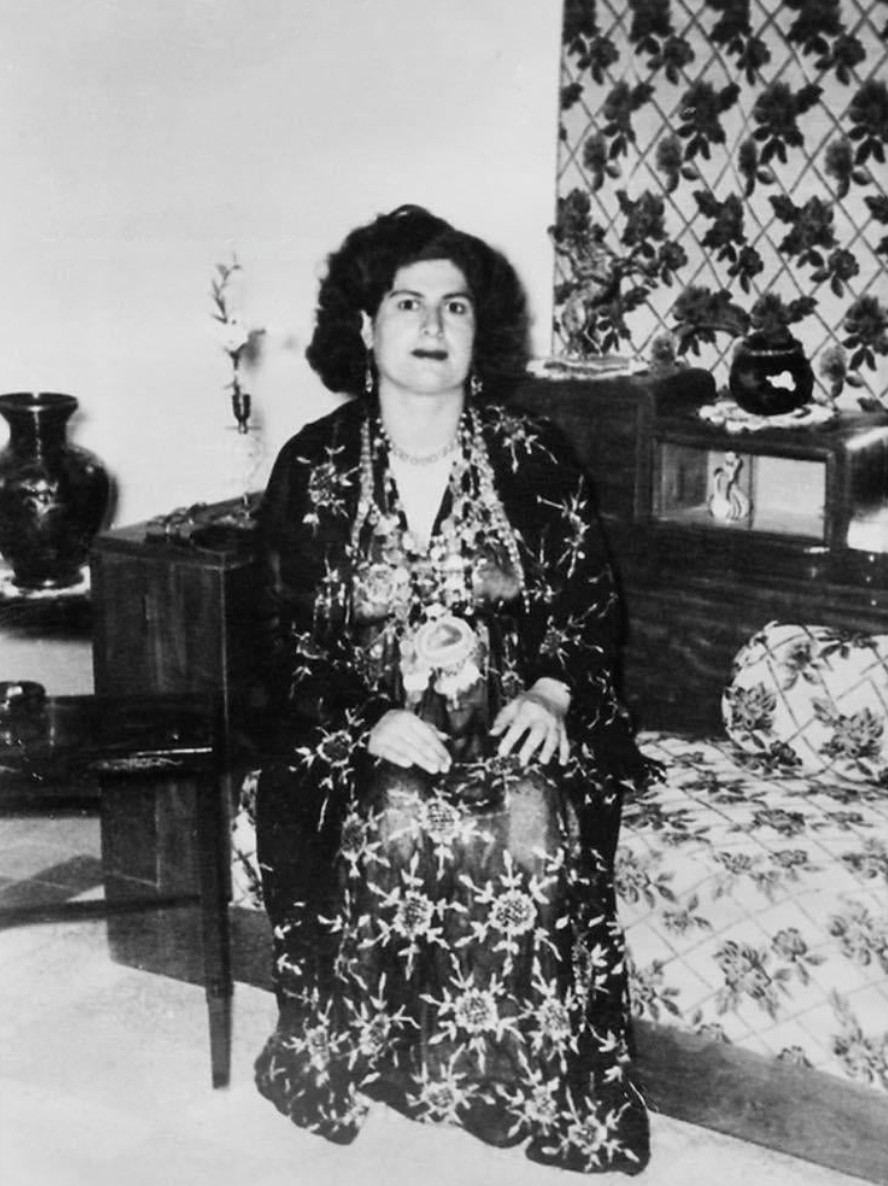On March 5, 1991, the Kurdish Uprising (Raperin in Kurdish) ignited in the wake of the Gulf War. This proved to be a watershed moment, as Kurdish leaders rallied the Kurdish population in northern Iraq to revolt against Saddam Hussein’s oppressive regime.
The city of Ranya in the Sulaymaniyah Governorate served as the epicenter of the movement, which proved to be a pivotal chapter in the Kurdish struggle for autonomy and self-determination. After enduring years of persecution under Saddam’s rule – as well as under previous regimes in Baghdad – frustrations at the endemic neglect of Kurdish aspirations for recognition and autonomy rose to a boiling point.
The Kurds have endured persecution and marginalization since the foundation of the Iraqi state in the 1920s. With historic roots stretching back centuries, Kurdish communities faced discrimination and violence, forced assimilation, cultural suppression, displacement, and genocide. Basic human rights, including the freedom to speak their language, practice their faith, and engage in politics, were systematically denied.
Under Saddam’s dictatorship, Kurds bore the brunt of his vicious oppression. In the late 1980s, the regime perpetrated a genocidal campaign against Kurds, claiming the lives of more than 182,000 innocent people. The most infamous event in this campaign, the 1988 Halabja chemical attack, resulted in the deaths of 8,000 civilians.

A brief taste of freedom
The 1991 uprising erupted with skirmishes between Kurdish insurgents and Iraqi forces in and around Ranya before rapidly engulfing the whole of the Kurdistan Region. Town after town joined the fray in solidarity. What began as localized resistance swiftly snowballed, with Kurdish fighters wresting control of numerous cities and towns from Iraqi forces. Scenes of jubilation erupted as citizens, long oppressed, regained control of their destinies.
By March 21, every corner of Kurdistan had tasted freedom. The euphoria was short-lived, however, as the Iraqi regime retaliated ferociously, unleashing a brutal military crackdown that saw the use of helicopter gunships, tanks, and chemical weaponry to crush the uprising.
Thousands of Kurdish civilians died, and over a million were displaced, seeking refuge in the mountains and neighboring countries to evade Saddam’s wrath. The international response was sluggish, with concerns over regional stability paralyzing action. In response to the ensuing humanitarian crisis, the United States and other Western allies established a no-fly zone over northern Iraq, offering some reprieve until Saddam’s regime fell in 2003.

A legacy of persistence
March 5 is now celebrated annually among Kurds worldwide as Liberation Day, a poignant reminder that freedom exacts a price and that the fight against injustice must endure. Reflecting on this history of resistance and carrying forth its legacy ensures collective resilience.
Today, Kurds and Kurdistani people persist in their quest for autonomy and recognition of their rights in Iraq and beyond. The Kurdistan Regional Government, established in 1992, has been instrumental in fostering the political and economic development of the Kurdistan Region.
Despite ongoing challenges, the Kurdish struggle continues to inspire global solidarity, reaffirming the universal rights of all people to live with dignity, freedom, and peace.

Robin Bell is a specialist in marketing, logistics and supply chains with experience in over 35 countries – mainly developing markets. CEO of consultancy Graydon Lloyd, he is an Advisor to Valuechain, UK (Cloud based Network & Supply Chain Portals) and Kadme (Big Data & AI specialists), Norway.

